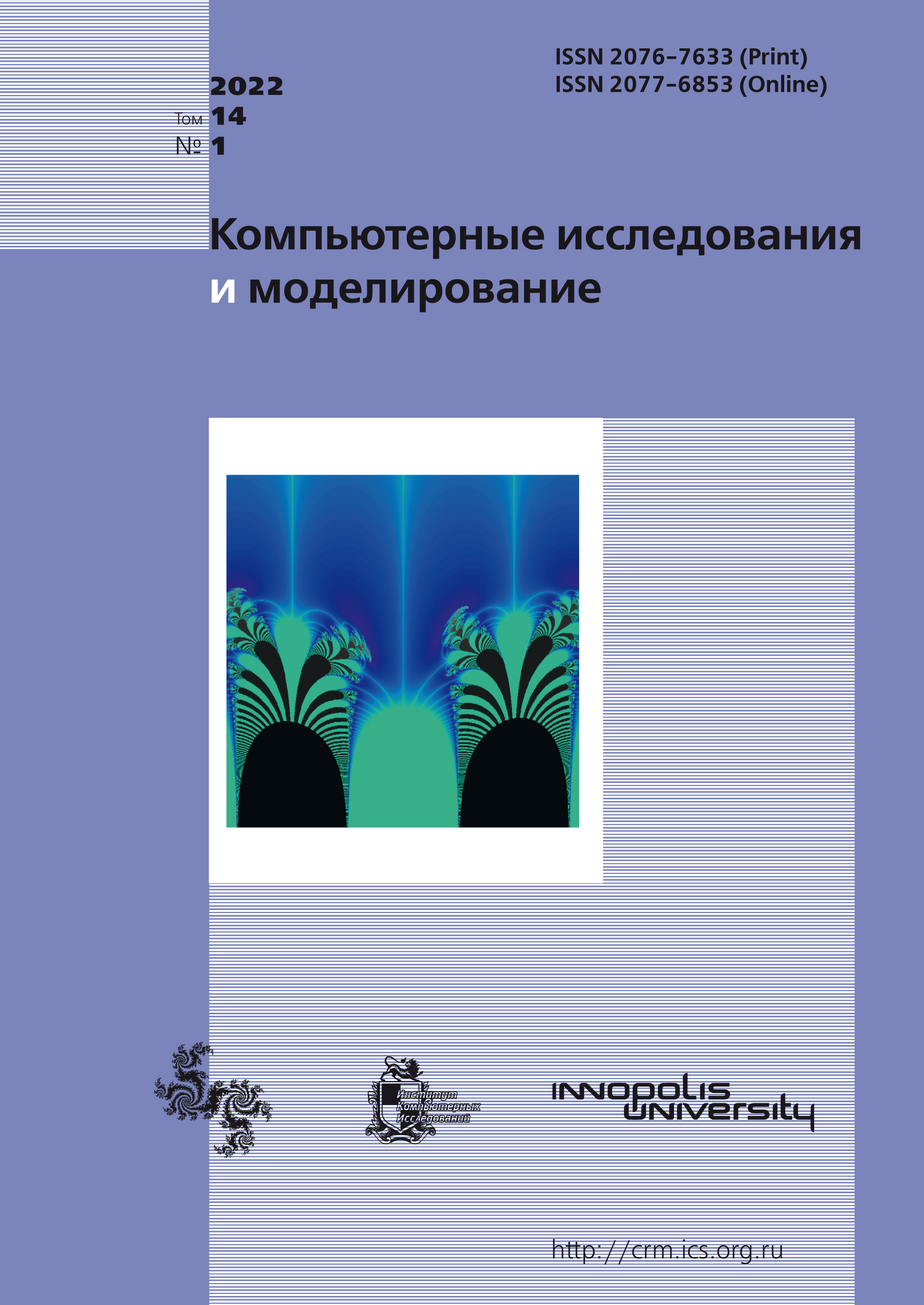All issues
- 2024 Vol. 16
- Issue 1 (special issue)
- 2023 Vol. 15
- 2022 Vol. 14
- 2021 Vol. 13
- 2020 Vol. 12
- 2019 Vol. 11
- 2018 Vol. 10
- 2017 Vol. 9
- 2016 Vol. 8
- 2015 Vol. 7
- 2014 Vol. 6
- 2013 Vol. 5
- 2012 Vol. 4
- 2011 Vol. 3
- 2010 Vol. 2
- 2009 Vol. 1
Models of population process with delay and the scenario for adaptive resistance to invasion
 pdf (364K)
pdf (364K)
Changes in abundance for emerging populations can develop according to several dynamic scenarios. After rapid biological invasions, the time factor for the development of a reaction from the biotic environment will become important. There are two classic experiments known in history with different endings of the confrontation of biological species. In Gause’s experiments with ciliates, the infused predator, after brief oscillations, completely destroyed its resource, so its $r$-parameter became excessive for new conditions. Its own reproductive activity was not regulated by additional factors and, as a result, became critical for the invader. In the experiments of the entomologist Uchida with parasitic wasps and their prey beetles, all species coexisted. In a situation where a population with a high reproductive potential is regulated by several natural enemies, interesting dynamic effects can occur that have been observed in phytophages in an evergreen forest in Australia. The competing parasitic hymenoptera create a delayed regulation system for rapidly multiplying psyllid pests, where a rapid increase in the psyllid population is allowed until the pest reaches its maximum number. A short maximum is followed by a rapid decline in numbers, but minimization does not become critical for the population. The paper proposes a phenomenological model based on a differential equation with a delay, which describes a scenario of adaptive regulation for a population with a high reproductive potential with an active, but with a delayed reaction with a threshold regulation of exposure. It is shown that the complication of the regulation function of biotic resistance in the model leads to the stabilization of the dynamics after the passage of the minimum number by the rapidly breeding species. For a flexible system, transitional regimes of growth and crisis lead to the search for a new equilibrium in the evolutionary confrontation.
Indexed in Scopus
Full-text version of the journal is also available on the web site of the scientific electronic library eLIBRARY.RU
The journal is included in the Russian Science Citation Index
The journal is included in the RSCI
International Interdisciplinary Conference "Mathematics. Computing. Education"






